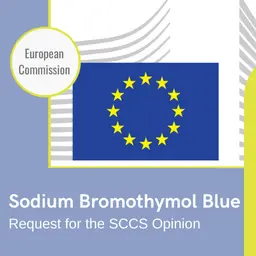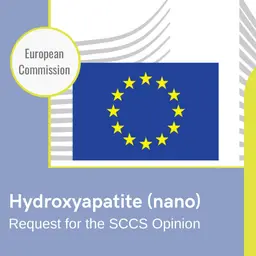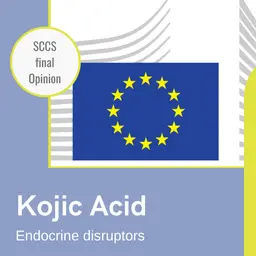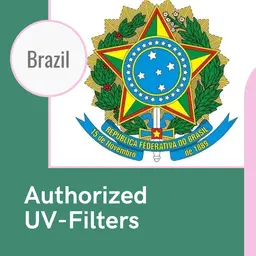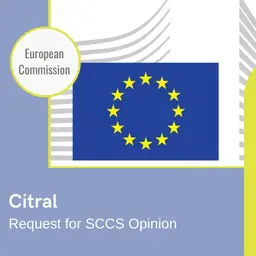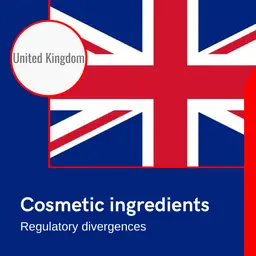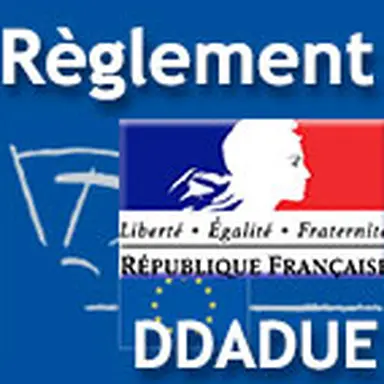
As is the case for all self-respecting European regulations, Regulation no. 1223/2009 on cosmetic products was directly applicable, and has been since 11 July 2013. As a result, all of its provisions were already mandatory. But it was missing the French DDADUE, or the law implementing various EU law provisions, to modify the Public Health Code and, among others, to designate the competent national authorities or define the sanctions in the event of failure to comply. The DDADUE has just been published in France’s Journal Officiel.
We had been anticipating this for several months, especially since 11 July 2013, the date when the Cosmetics Regulation went into effect. It had been on the French parliament’s agenda for some time, but was postponed several times. It has finally been adopted on the same terms by both the National Assembly and the Senate in France, and was published on 25 February 2014 in no. 0047 of the Journal Officiel.
Law no. 2014-201 of 24 February 2014 implementing various EU health law provisions comprises six articles. Article 3, which is the longest, adapts the Public Health Code to the provisions of the Cosmetics Regulation.
It thereby poses the principle that ‘
the cosmetic products placed on the market satisfy the provisions of (CE) regulation no. 1223/2009 of the European Parliament and of the Council
’ and ratifies some vocabulary changes by introducing the concept of the Responsible Person.
Other points, of course, generated the most anticipation.
The competent authorities
Since 11 July 2013, no French authorities were legally competent in the application or monitoring of the implementation of the new provisions introduced by the Cosmetics Regulation. The DDADUE has put an end to this legal loophole, and the ANSM, …

